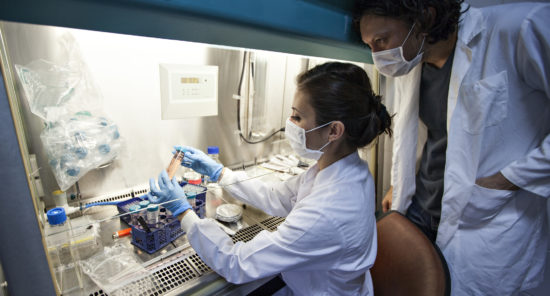Researchers conducted a series of 54 trials comparing a specific carbohydrate diet (SCD) and a modified SCD (MSCD) against the usual diet (UD) of patients with inflammatory bowel disease (IBD). In the report, published in The American Journal of Gastroenterology, the team found that although some individuals may have benefited, neither the SCD nor the MSCD were consistently able to improve symptoms or inflammation.
The trial recruited patients aged 7 to 18 years with IBD and active inflammation from 19 sites. After a 2-week baseline UD period, participants were randomized to groups of 8-week SCD or MSCD regimens. Among 54 total patients, 21 (39%) completed all 4 planned crossovers, 9 (17%) completed a single crossover, and 24 (44%) withdrew. According to the researchers, lack of response, adverse events, and no desire to continue were common reasons for withdrawal or early completion.
Overall, SCD and MSCD yielded comparable results for most patients, with the authors estimating an average probability of under 1% for a clinically meaningful difference between SCD and MSCD in IBD symptom improvement. According to the article, the average treatment difference was ‒0.3 (95% CI, ‒1.2 to 0.75), and there was no significant differences in the ratio of fecal calprotectin geometric means between SCD and MSCD (0.77; 95% CI, 0.51-1.10).
In closing, the authors noted that some patients improved after SCD or MSCD, while others did not. They suggested that their conclusions were subject to the inherent limitations and complications of trials on dietary changes.
Reference: Kaplan HC, Opipari-Arrigan L, Yang J, et al. Personalized research on diet in ulcerative colitis and Crohn’s disease: a series of N-of-1 diet trials. Am J Gastroenterol. 2022;117(6):902-917. doi:10.14309/ajg.0000000000001800
Source: https://journals.lww.com/ajg/Abstract/2022/06000/Personalized_Research_on_Diet_in_Ulcerative.20.aspx








